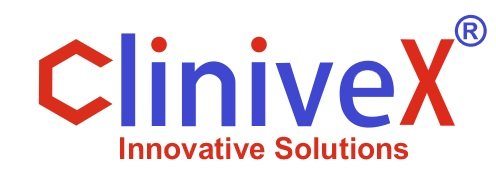Key Considerations When Requesting Impurity Reference Standards

Things to Consider While Inquiring About Impurity Reference Standards
Impurity reference standards play a crucial role in the pharmaceutical industry, ensuring drug safety and efficacy. These standards serve as benchmarks for detecting, quantifying, and managing impurities in medicinal products. Therefore, it is important to provide detailed and accurate information when inquiring about these standards.
Understanding what information to provide can be challenging. This blog highlights key details to include in your inquiries to ensure a smooth and effective process. Let's dive in!
IUPAC or Chemical Name of the Impurity
Providing the IUPAC or chemical name of the impurity is essential for identifying the correct standard. This information also allows impurity reference standards suppliers to provide accurate pricing and availability details. Usually, this information can be found in pharmacopeia if it contains the necessary resources for a specific product.
Chemical Structure
Sharing the exact chemical structure of the impurity helps suppliers determine the appropriate standard required.
Impurity’s CAS Number
The Chemical Abstracts Service (CAS) number is a unique identifier for chemicals. Including the CAS number in your inquiry helps suppliers locate the exact impurity standards you need.
Purity Level
Stating the required purity level is important as it enables the supplier to select standards that meet specific requirements. Some impurities may require high purity standards based on regulatory needs.
Delivery Timeline and Location
Providing accurate delivery details, including timeline and location, helps suppliers calculate shipping costs and estimate delivery dates. This information is crucial to avoid delays or confusion in the shipping process.
Quantity
Ensure that you inquire about the exact quantity you need in advance. This helps prevent any last-minute issues, as suppliers may not be able to provide the required standards at short notice.
Purpose
Different impurity standards serve different purposes, such as analytical or research purposes. Specifying the intended use helps the supplier determine the standard's suitability for your specific application.
Regulatory Requirements
Clearly stating any regulatory requirements is important, as impurity standards may need to comply with specific standards such as USP (United States Pharmacopeia) or EP (European Pharmacopoeia). This ensures that the supplier provides a standard that meets these regulations.
Quality Documentation
Requesting quality documentation, such as material safety data sheets or certificates of analysis, is essential. These documents verify that the impurity standards meet the required quality criteria. Be sure to ask for them when making an inquiry.
Wrapping Up
When inquiring about impurity reference standards, it is crucial to provide detailed information. This ensures that suppliers can deliver the appropriate standards, helping you receive high-quality service and reference materials that meet your needs.
 info@theclinivex.com
info@theclinivex.com  +1 (877)-861-1996
+1 (877)-861-1996 


